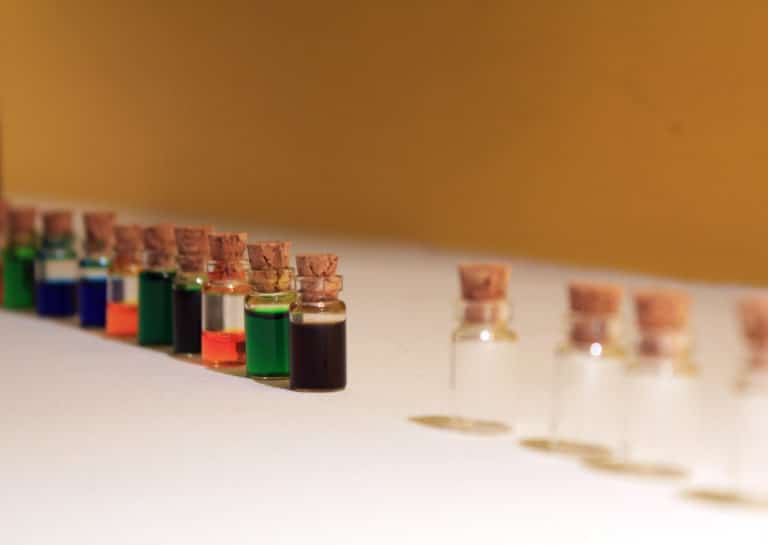This article was originally published by FAIRPLANET as part of an ongoing content partnership.
The Fake Drug detector app is tackling counterfeit pharmaceuticals

In Nigeria, up to 4 percent of all drugs in circulation are counterfeits according to the drug regulation agency, National Agency for Food and Drug Administration and Control, NAFDAC. This damaging fad has seen the country destroy some $80 million worth of fake drugs between 2015 and 2017 with anti-malarial medication being among the most counterfeited due to its high demand. In June alone, the regulatory body destroyed fake drugs worth close to $10 million. In response, industry players have christened this a ticking time bomb and called for urgent, holistic and innovative ways to tame this proliferation.
Save-a-Soul, a group of teenage girls from rural Nigeria have decided to do something about it. They have created a mobile-based application that detects fake drugs at the point of purchase. Known as FD Detector (Fake Drug Detector), the app allows health professionals and customers with a smartphone to scan the barcode in a drug. The app then indicates whether the drug is authentic or fake and also displays the drug’s expiry date. The innovation also has a feature that allows users to report any fake drugs directly to the regulator.
For 15-year old Jessica Osita, one of the girls from Save-a-Soul, coming up with the application was inspired by a personal experience of losing her brother who received fake drugs after an accident. The girls built the application using opensource software, despite never having used a computer before or even accessed the internet. Their mentor Uchenna Onwuamaegbu Ugwu, who runs a programme to train girls from underprivileged backgrounds on science and technology, put hours of work and energy in turning their dream into an innovation that has received international recognition.
Save-a-Soul won the junior division of the 2018 Technovation World Pitch Summit which is hailed as the world’s largest tech entrepreneurship programme for girls in the world. The competition brings together women and girls between 10 and 18 years who work in teams of one to five to come up with mobile based applications that provide solutions to biting problems in their community. Save-a-Soul beat teams from China, Spain, the U.S. and Turkey in a competition that attracted 2,000 applications in an event that was held in California and graced by top players in the global tech industry.
Judges praised the innovation for its power to address some of the biggest challenges in society while providing a platform for girls to make a contribution to the world of technology. “It is inspiring seeing the hard work and determination of girls around the world working to solve big challenges in their communities with smart solutions. World Pitch is not only an opportunity to celebrate the accomplishments of the nearly 100 girls advancing to the finals, it is a chance to celebrate the 20,000 that are making technology solutions for social good,” said Tara Chklovski, CEO and founder of Iridescent, the organisation behind the summit.
Now the Save-a-Soul is looking at scaling the innovation by partnering with NAFDAC to build a comprehensive database of all certified pharmaceutical companies and drugs in the country. Anyone willing to sell or distribute drugs in Nigeria will need approval from the regulator. Once approved, their details are captured in the application, making it easier for customers to determine the authenticity and for regulation to crack down on counterfeit manufacturers.
African countries remain the dumping ground for the world’s counterfeit drugs, with over 40 percent of all global fake drugs found in the continent. “The transformative innovation by the Nigeria girls is a remarkable first step for the continent to arrest the proliferation of these harmful drugs” said Dr Bramwell Otiende, a lecturer at the University of Nairobi School of Medicine in Kenya. The World Health Organization estimates that 100,000 deaths occur each year in Africa as a result of counterfeit trade in medicine; it is innovations such as these that are at the forefront of the continent’s ability to curtail such industries.




